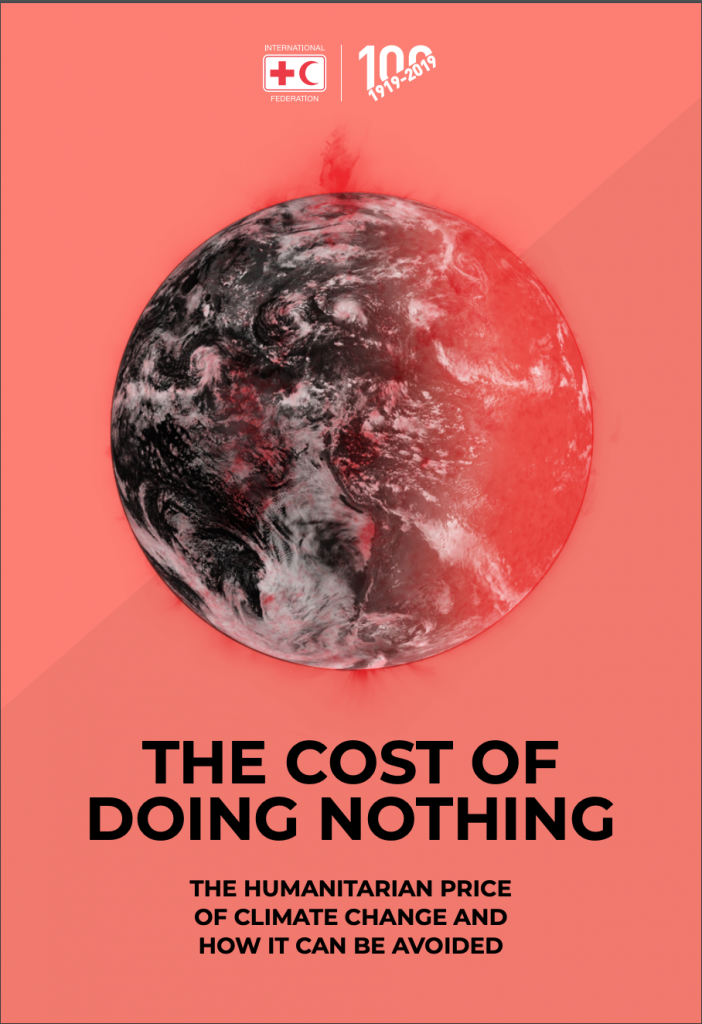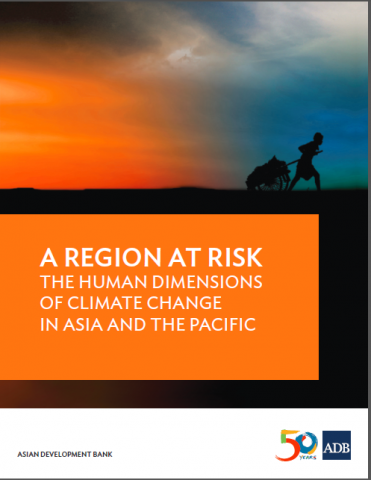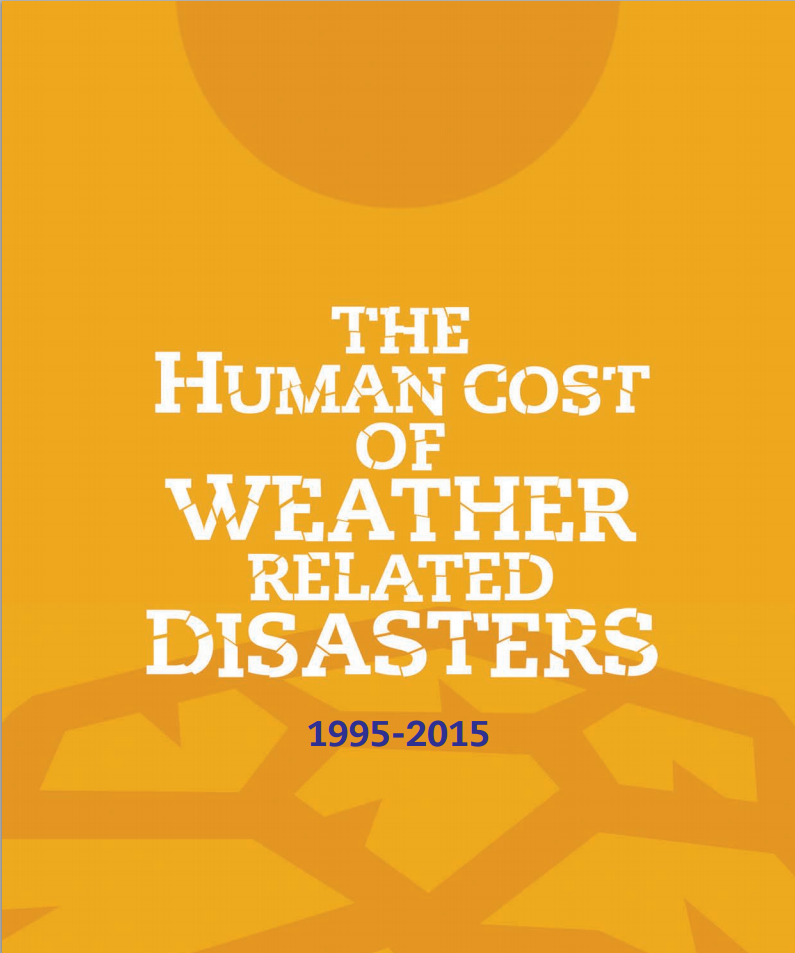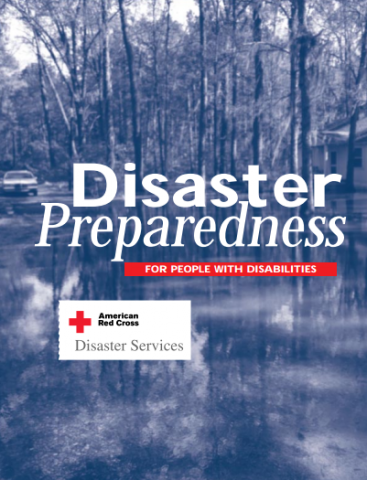The Cost of Doing Nothing
The International Federation of the Red Cross Red Crescent Societies presents the report: The Cost of Doing Nothing, an analysis showing that if no urgent action is taken now, the number of people in need of humanitarian assistance annually due to the climate crisis could double by 2050. Similarly, financial costs could balloon to 20 billion […]
The Cost of Doing Nothing Read More »




